German-Jewish intellectuals in the twentieth century are the focus of Against the Grain: Jewish Intellectuals in Hard Times, published this month. The volume, edited by Ezra Mendelsohn, Stefani Hoffman, and Richard I. Cohen, looks at the key figures of German-Jewish thought: Scholem, Strauss, and Kohn, and examines how such thinkers reacted to, and were impacted by, the collection of crises lived by Central European Jews. Below, co-editor Mendelsohn speaks about the volume’s potential to “stir” the field and what brought him to the study in the first place.
____________________________________________
Berghahn Books: What drew you to the study of the trials and tribulations of Jewish men and women in the twentieth century?
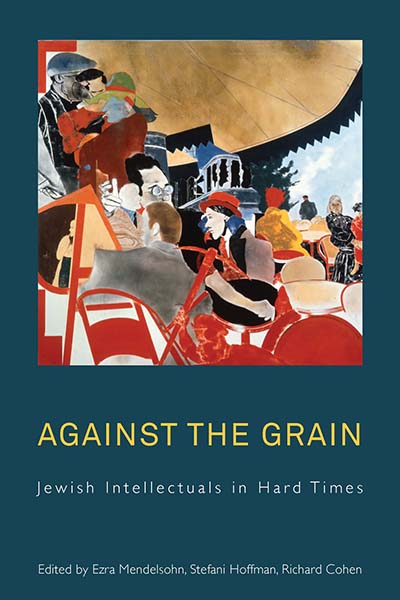
Ezra Mendelsohn: The main reason resides in my interest in the history of my own family. Both my parents were born in Tsarist Russia, and both ended up in the United States, having lived for some time in British Palestine.
Continue reading “Looking ‘Against the Grain’ at German-Jewish Intellectuals”

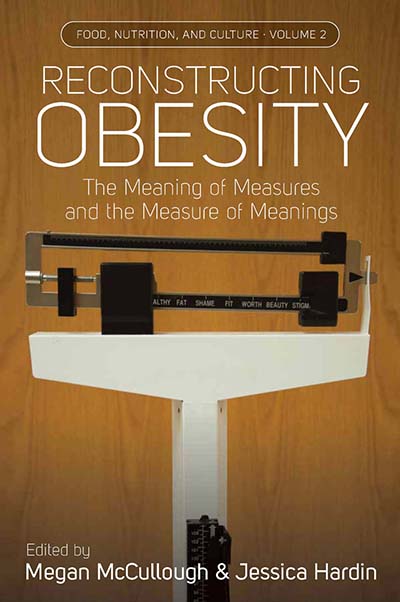
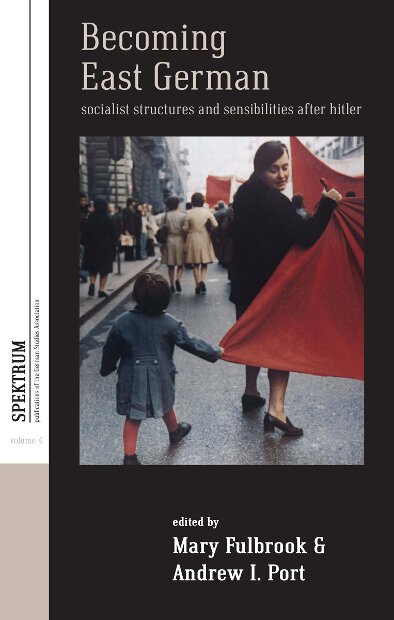
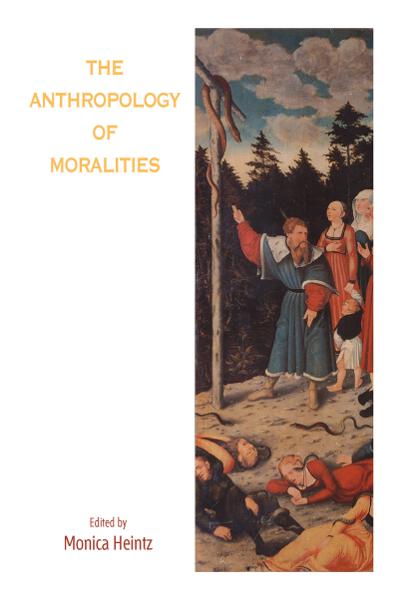 Somehow after 1989 the Eastern bloc got obsessed with values. How could it be otherwise for people who had lived with double sets of values in the public and private spheres and who saw all their public values officially collapse in one night?
Somehow after 1989 the Eastern bloc got obsessed with values. How could it be otherwise for people who had lived with double sets of values in the public and private spheres and who saw all their public values officially collapse in one night?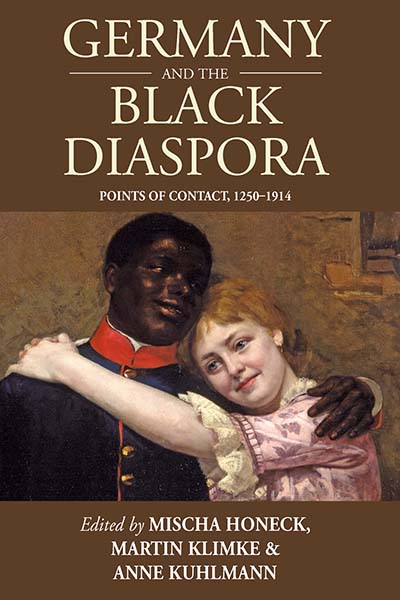

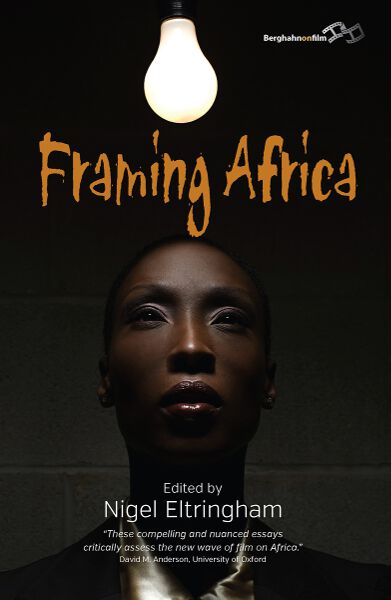

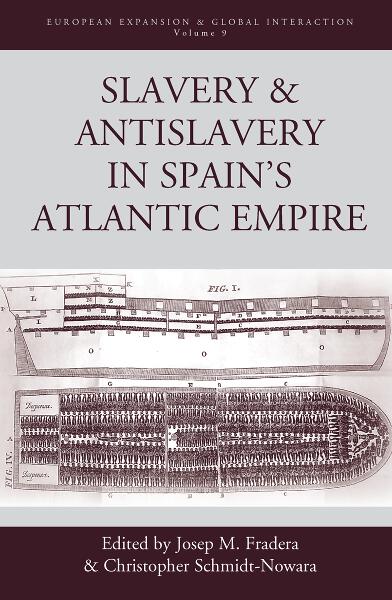 Berghahn Books: What drew each of you to the study of the Spanish empire’s Atlantic holdings?
Berghahn Books: What drew each of you to the study of the Spanish empire’s Atlantic holdings?